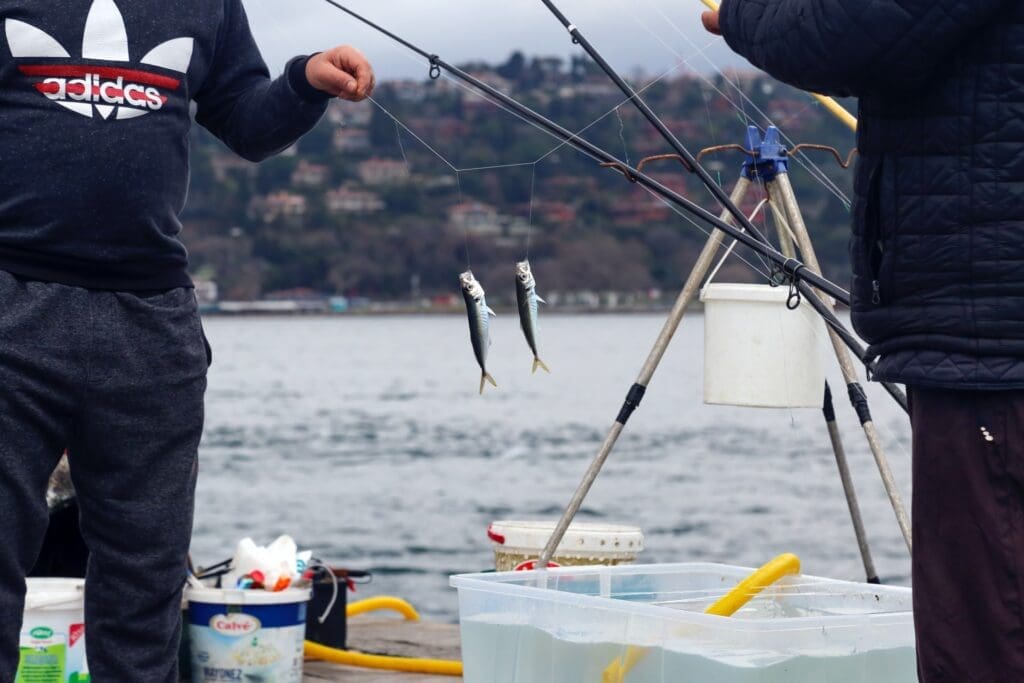Breakups are hard, and moving on from a stalled relationship can be challenging. Unfortunately, with the disrupted routines and removal of outdoor activities, the pandemic has left many couples struggling to stay afloat. And while you would heal from a breakup under normal circumstances, moving on in the new ‘social-distanced world’ isn’t as pleasant.
Most people would either book a solo trip to an exotic destination or party the pain away with their friends. However, none of these is possible, making it trickier to navigate through the healing process. We talked to Rachel Sommer, Ph.D., a clinical sexologist, and Sandra Larson, RN, a nurse and relationship expert, to understand how to heal from a breakup amid the Covid-19 pandemic.
Create Distance from Your Ex
One of the most important ways to start healing is establishing meaningful boundaries to avoid falling into the trap of going back to your ex because of the lockdown loneliness. Cut all communication with your ex immediately – it’s around this time that your emotions are most fragile. “Whether it’s unfollowing or blocking them on social media, set boundaries that increase virtual and physical distance,” adds Sandra.
Reach Out to Friends and Family

Regardless of how out of touch you’ve been with a friend or family member, don’t go through the pain of a breakup alone. “Even though we can’t go out with our friends and pour our hearts out after a few Martini glasses, reaching out allows you to cultivate self-awareness,” says Sandra. Find a close friend or family member and have an open venting session with them. “You can even do it via Zoom or FaceTime if you have to,” adds Rachel.
There are numerous ways to experience human connection with your friend, even with the pandemic. Everything from Zoom happy hours to using Netflix party together, just pick one (or two). And while it might not come with a hug, having someone caring to talk to can be invaluable, especially during these times.
Focus on What you Learned from the Relationship
Everything happens for a reason, and the relationship that just ended is no exception. So, rather than jumping into a new relationship to temporarily seal the dent, take your time to reflect on the good and bad. What went wrong? What could I have done differently? Asking yourself these questions will help you learn important lessons that may help you decide to get into a new relationship.
According to Sandra, jumping straight into a new relationship adds to the risk of repeating the same sequence repeatedly. “Use this time to reflect on yourself and what you have learned from the experience.” And if your mind’s crowded with feelings of hurt, it might be the best time to see a therapist. “Having an expert examine your behavioral patterns and walk you through what to keep, discard, and take home is priceless,” she says.
Find a Hobby/Distraction


A relationship shouldn’t be solely about your partner. Of course, you should be with them most of the time, but spending every minute of your day together might lead to codependency. Rachel recommends making time for your hobbies and personal projects even when you’re in a relationship. “Your life should be filled with hobbies, friends, and individual projects.” So, if you already have a hobby, use the extra time that you now have to pursue it. If you don’t, pick something you’re passionate about and go for it. This way, you can identify an identity away from your relationship, have something to look forward to, and most importantly, distract your mind from the breakup mess so you can heal.
Appreciate and Celebrate the Progress
Like with budding love, falling out of love is not a linear process. People will take different times to get over a loved one and employ other tactics to get there. “Don’t fall into the trap of self-pity because you’re not healing as fast as your friend did,” says Rachel. “Appreciate the small moves you’re making and celebrate the progress.”
“Healing is a constant up-and-down battle with good and bad days – just allow yourself to grieve in your own way,” affirms Sandra.
Featured Image by Joey Velasquez from Pixabay




